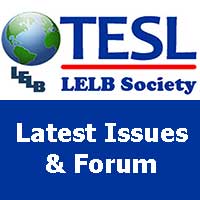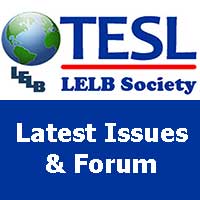IELTS Essay on Continuous Assessment with Correction
IELTS Essay on Continuous Assessment IELTS Essay on Continuous Assessment Topic Some educators maintain that final examinations should be replaced with continuous assessment during the term to assess students’ genuine competence. To what extent do you concur with this point of view? Essayist: Sassan It is crystal clear that evaluating students is an essential part of …









